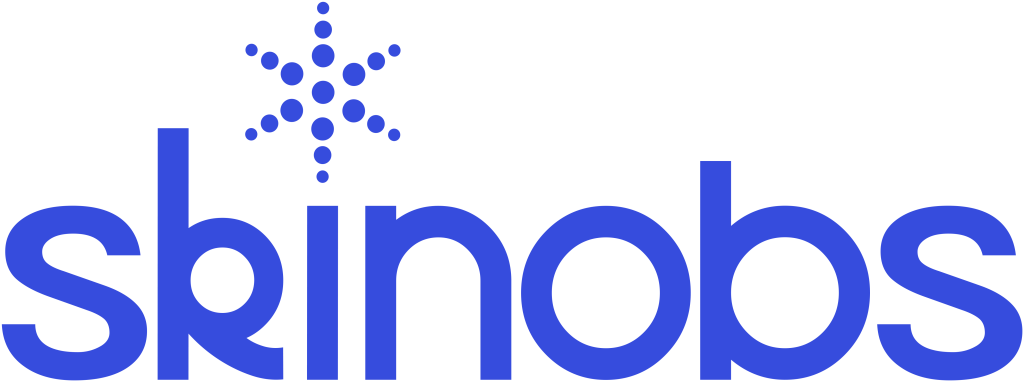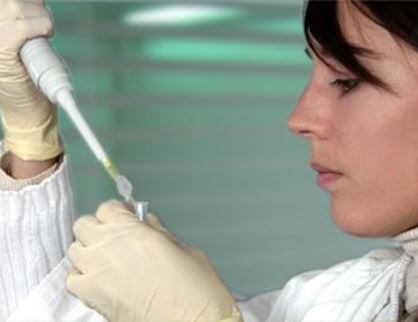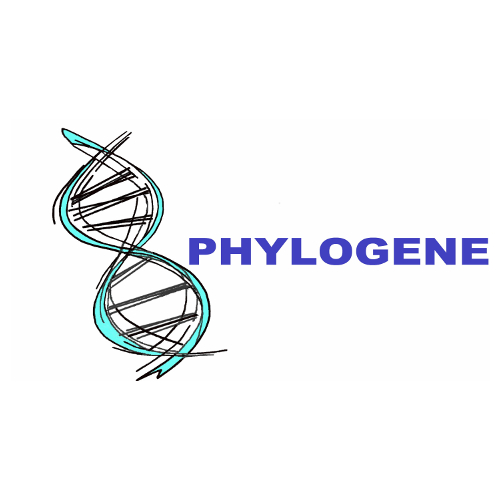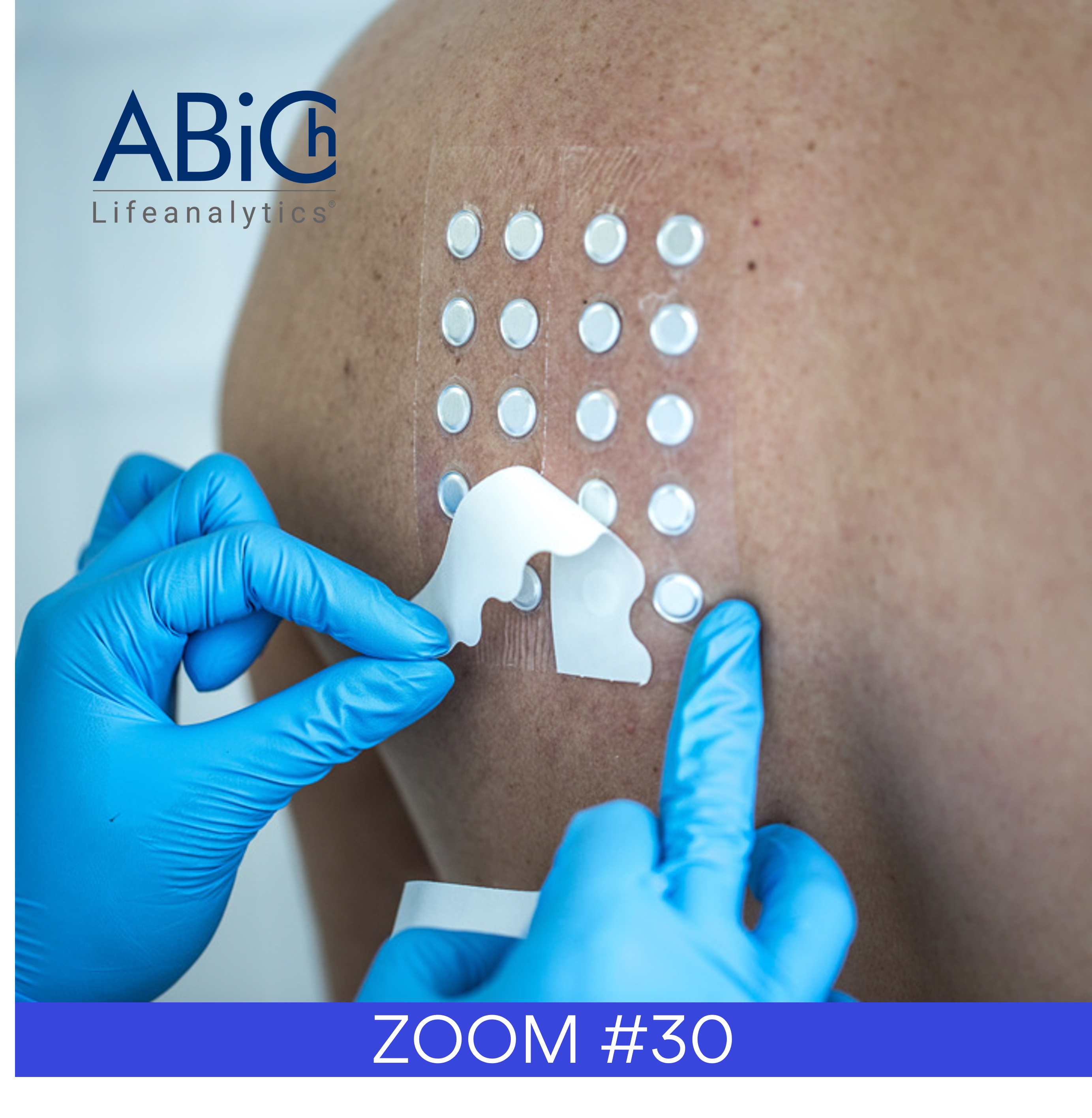Pollution, solar radiation, screen light and cigarette smoke generate free radicals in the skin which can be destructive with varying degrees of severity. Proteins (collagen, elastane), cellular membrane lipids and DNA can be damaged causing disorders that can range from premature ageing to cancer.
One recent publication address the exposure to UV in humans resulting in sunburn which triggers a complex series of events that are a mix of immediate and delayed damage mediation and healing (1). Using a proteomic molecular mapping of oxidation, it describes a model of study of the effects that can be used to test the protection by a cosmetic product.
Another publication (2) using the same approach with untargeted proteomics shows a deep evaluation of a reductive stress up to the mechanisms induced in a fibroblast model.
(1)Dyer JM and all. 2017. Redox proteomic evaluation of oxidative modification and recovery in a 3D reconstituted human skin tissue model exposed to UVB. https://www.ncbi.nlm.nih.gov/pubmed/27614090
(2)Carne NA and all. 2019. Reductive stress selectively disrupts collagen homeostasis and modifies growth factor-independent signalling through the MAPK/Akt pathway in human dermal fibroblasts.
https://www.ncbi.nlm.nih.gov/pubmed/30890563
With MS Phylogene, you can characterize and understand the effects of abiotic stress. Based on skin D-Squame or swabs sampling, the relative comparison of proteomes between Tested and Control provides a fold change between impacted proteins and oxidized sites. Then bioinformatics describes the “free of hypothesis” induced effects with CORAVALID workflow. An OxDeep ratio provides the deepness of oxidation on all proteins.
High-resolution nano LC-MS/MS quantitative proteomics with RedOxMicsTM approach and OxDeep ratio and CORAVALID™ data processing.
PHYLOGENE
62, Route Nationale 113
30620 BERNIS
Tel : +33 4 66 04 77 99
Fax : +33 4 66 04 77 97
e-mail : gskorski@phylogene.com
web : http://ms.phylogene.com










 Follow us on Linkedin!
Follow us on Linkedin!
You must be logged in to post a comment.